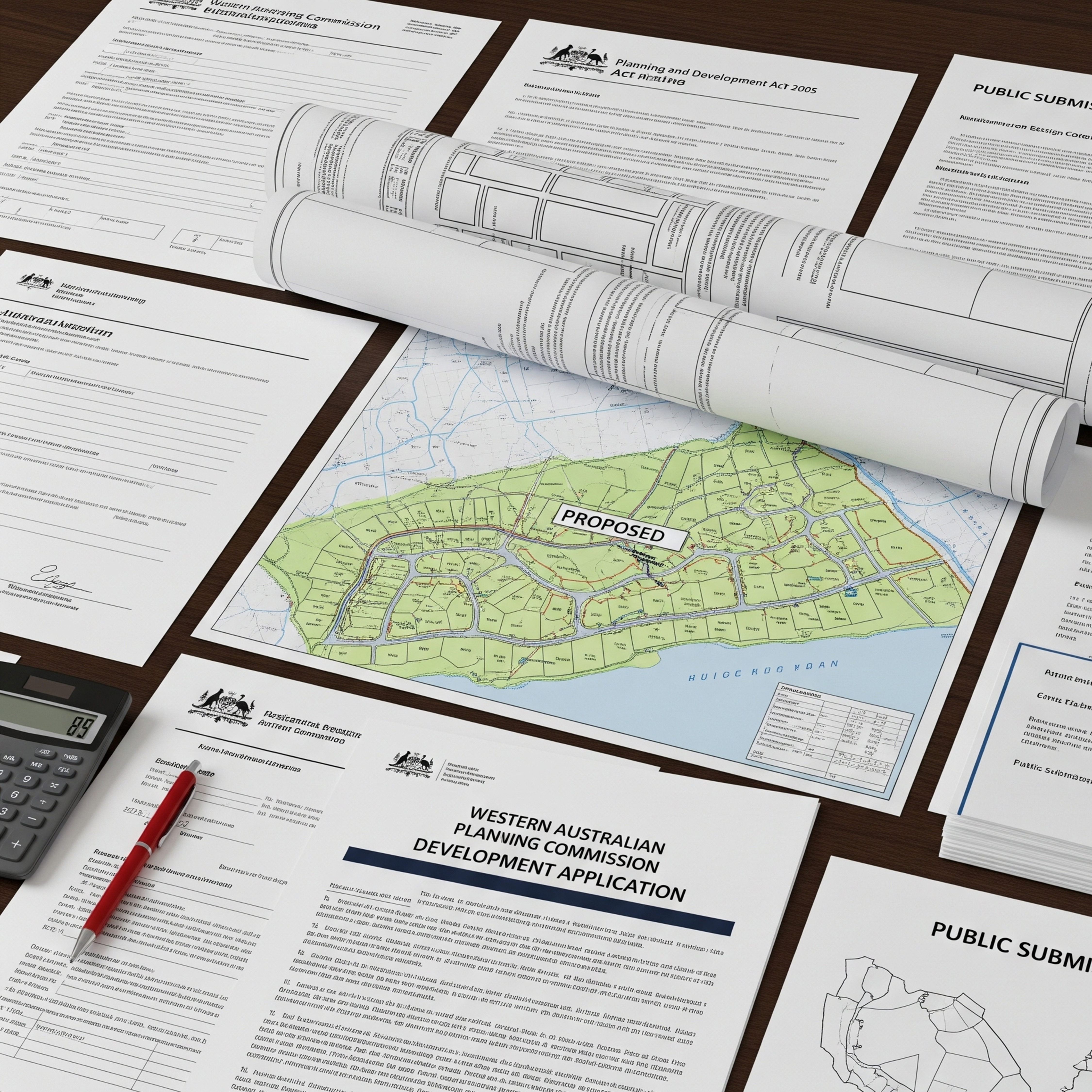The purpose of the AHA is to protect Aboriginal heritage in Western Australia, recognising harm to Aboriginal cultural heritage as an offense. Yet the AHA had previously faced great criticism, particularly with regard to the controversial section 18 (s18) approvals process, which many have argued has, in fact, facilitated harm to Aboriginal cultural heritage with a substantial number of applications to harm or destroy heritage, approved over the lifetime of the AHA.
The Aboriginal Heritage Legislation Amendment and Repeal Act 2023 (WA) brings about some key changes to WA heritage legislation. Of particular interest is the return to the s18 approvals process, but with some important amendments.
The amended act sees the return of the Aboriginal Cultural Heritage Committee (formerly the Aboriginal Cultural Material Committee). The committee is established to evaluate and make recommendations to the Minister concerning places and objects of significance that should be protected; s18 applications and other cultural heritage matters.
Consultation standards are central to Section 18 consent and applications as outlined in several guiding documents released in conjunction with the amended AHA. The guidelines provide practical guidance for landowners to understand consultation obligations and requirements for s18 applications.
All Section 18 consents are now subject to a legal obligation to inform the minister of new information relating to Aboriginal cultural heritage. Considering the new information, the minister may amend, confirm, revoke, or replace the consent. The minister is required to publish their decision regarding section 18 notices on the departmental website.
Further reforms provide Native Title parties, Aboriginal people and communities the same right to appeal Section 18 decisions on Aboriginal Sites as proponents, something previously denied by the AHA 1972. The amended legislation now allows for native title parties to submit a request to review a s18 decision to the State Administrative Tribunal (SAT) whilst simultaneously removing the restrictions imposed on native title parties in contracts or agreements that would otherwise prohibit such objections, widely referred to as ‘gag orders’ (gag clauses). Additionally, the Premier holds a new power to determine an application for review where issues of state or regional significance are raised. All s18 decisions and submissions for review must adhere to clear timeframes as stipulated in the regulations.
Traditional Owners and various Communities have worked for decades calling for changes to our heritage laws and requesting a seat at the table to be involved in decisions around their own heritage. After 50 years, will the amended legislation bring about real heritage reform that has been so hard fought for?
To learn more about Trace Enterprises and their expertise as leading Heritage Consultants for in all things heritage and archaeology, don't hesitate to contact us today.







.JPG)
















